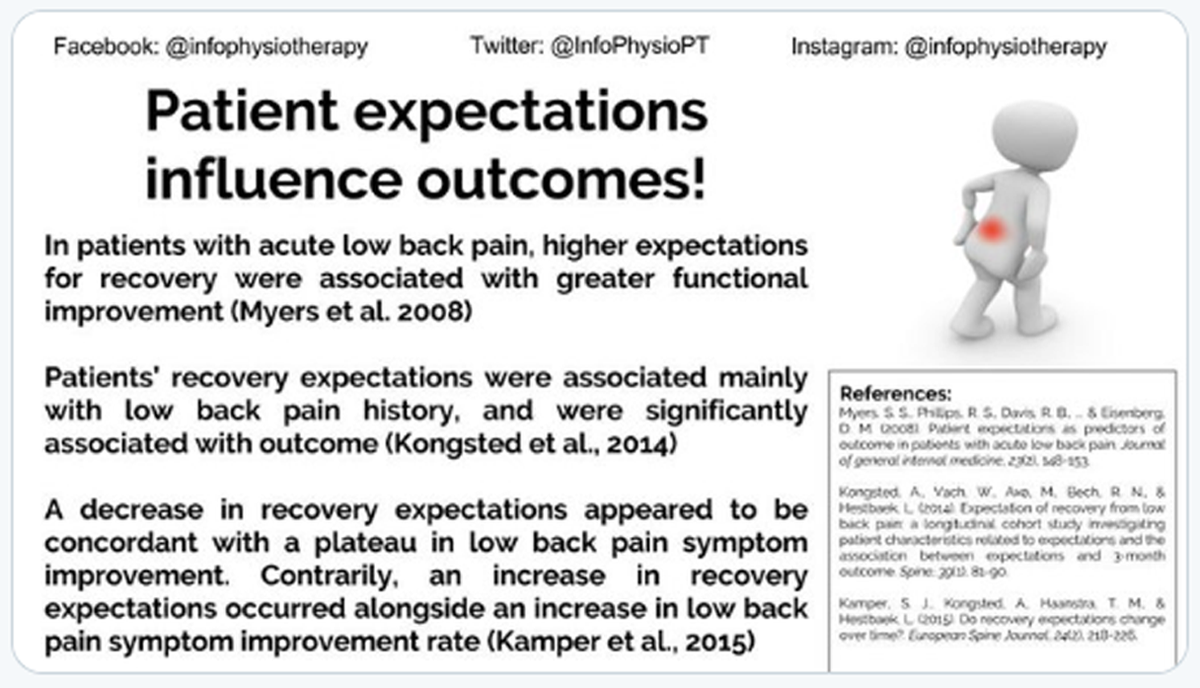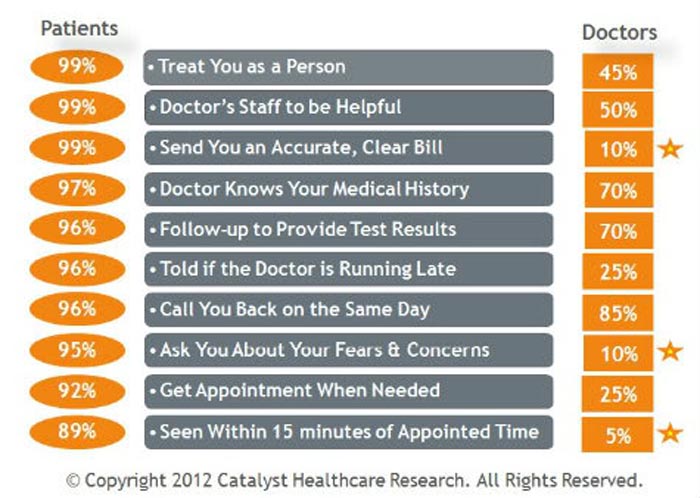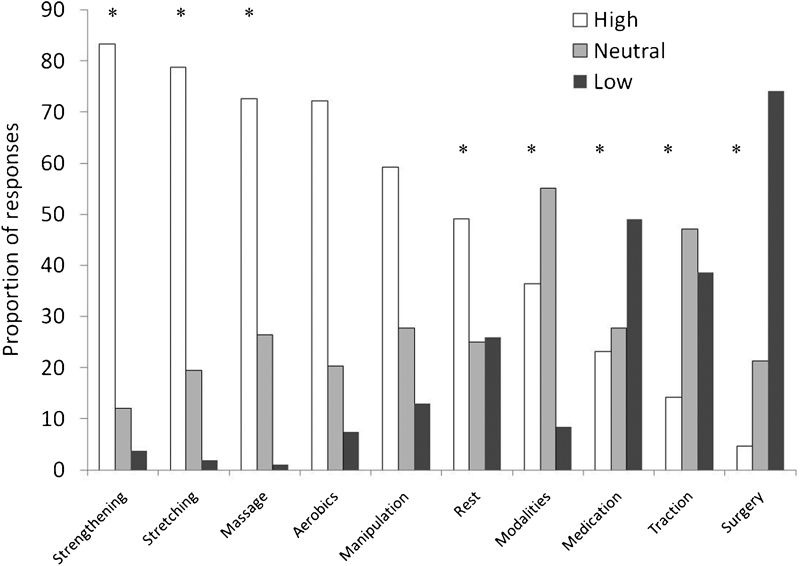Expectations for Recovery Important in the Prognosis of Whiplash Injuries
SOURCE: PLoS Med. 2008 (May 13); 5 (5): e105
Lena W Holm , Linda J Carroll,
J. David Cassidy, Eva Skillgate, Anders Ahlbom
Division of Epidemiology,
Institute of Environmental Medicine,
Karolinska Institutet, Stockholm, Sweden.
BACKGROUND: Individuals’ expectations on returning to work after an injury have been shown to predict the duration of time that a person with work-related low back pain will remain on benefits; individuals with lower recovery expectations received benefits for a longer time than those with higher expectations. The role of expectations in recovery from traumatic neck pain, in particular whiplash-associated disorders (WAD), has not been assessed to date to our knowledge. The aim of this study was to investigate if expectations for recovery are a prognostic factor after experiencing a WAD.
METHODS AND FINDINGS: We used a prospective cohort study composed of insurance claimants in Sweden. The participants were car occupants who filed a neck injury claim (i.e., for WAD) to one of two insurance companies between 15 January 2004 and 12 January 2005 (n = 1,032). Postal questionnaires were completed shortly (average 23 d) after the collision and then again 6 mo later.
Expectations for recovery were measured with a numerical rating scale (NRS) at baseline, where 0 corresponds to “unlikely to make a full recovery” and 10 to “very likely to make a full recovery.” The scale was reverse coded and trichotomised into NRS 0, 1-4, and 5-10. The main outcome measure was self-perceived disability at 6 mo postinjury, measured with the Pain Disability Index, and categorised into no/low, moderate, and high disability. Multivariable polytomous logistic regression was used for the analysis.
There was a dose response relationship between recovery expectations and disability. After controlling for severity of physical and mental symptoms, individuals who stated that they were less likely to make a full recovery (NRS 5-10), were more likely to have a high disability compared to individuals who stated that they were very likely to make a full recovery (odds ratio [OR] 4.2 [95% confidence interval (CI) 2.1 to 8.5]. For the intermediate category (NRS 1-4), the OR was 2.1 (95% CI 1.2 to 3.2). Associations between expectations and disability were also found among individuals with moderate disability.
There are more articles like this @ our:
Whiplash and Chiropractic Page and the:
Outcome Assessment Page and the:
CONCLUSIONS: Individuals’ expectations for recovery are important in prognosis, even after controlling for symptom severity. Interventions designed to increase patients’ expectations may be beneficial and should be examined further in controlled studies.
From the Full-Text Article:
Background
The disability associated with injury is a major source of distress for patients, and can be costly to the health care system and employers when persons fail to recover quickly and are unable to return to work. Finding ways to help people recover quickly and get back to optimal health is important. Some of the most common injuries causing disability and time off work result from whiplash — the sudden hyperextension or “whipping” of the neck, which can occur from a motor vehicle crash. It has long been recognized that psychological factors (such as the ability to cope, how “in control” one feels about one’s life) are as important as physical symptoms in how disabling an injury can be. There is now growing evidence that a person’s feelings about their ability to recover from injury plays a part in actual recovery. Studies from Europe and North America have shown with conditions like low back pain and minor head injury that a patient’s feelings about the possibility of getting better are related to how well they do. Less is known about how important these psychological factors are in recovery from disorders due to whiplash associated disorders.
Why Was This Study Done?
The authors wanted to find out whether there was a relationship between people’s expectations for their recovery from whiplash associated disorders and their actual recovery six months later. So, for example, they wondered if a person with whiplash who felt they were very unlikely to recover from their injury, actually did not recover (and vice versa).
What Did the Researchers Do and Find?
The authors had access to an unusual set of health information — insurance claims by people who had been involved in car collisions to two insurance companies in Sweden. They identified about 1,000 adult insurance claimants over one year and mailed them a questionnaire that asked for details about the collision as well as information about the claimant: their demographic profile, health history, and the types of pain and symptoms experienced since the crash. The questionnaire also asked the claimant how likely they thought they were to make a full recovery from their injuries.
For those who said they had whiplash associated disorders, the authors followed up with another questionnaire six months later, which asked for information about any disability, pain, or other symptoms that the claimant was still experiencing because of the injury. Of those who had completed the first questionnaire, 82% were followed up.
Only about a quarter of claimants with whiplash associated disorders said they expected to make a full recovery. Perhaps not surprisingly, those with only mild pain, compared to those with intense pain, were more likely to think so. Persons who said they were less likely to make a full recovery were four times more likely to report high levels of disability six months later. Even for persons (or individuals) people with moderate levels of disability six months after injury, their expectations for recovery were similarly linked to how well they did: the lower the expectations for recovery, the higher the disability. These findings were true even after taking into account how severe signs and symptoms the person had, and how well the person was coping psychologically.
What Do These Findings Mean?
SOURCE: Read the rest of this Full Text article now!





Leave A Comment